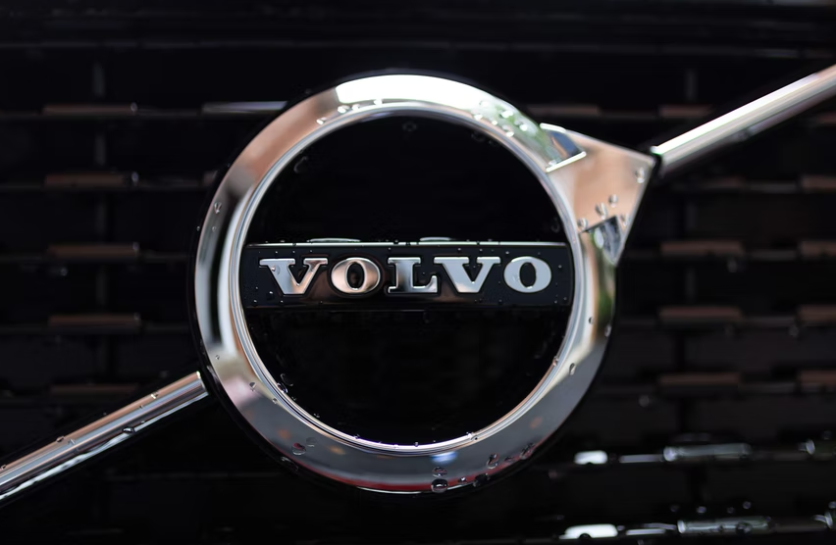
On Apr. 19, Volvo Cars announced that it had invested in StoreDot, an Israel-based electric vehicle battery company, using its venture capital arm, Volvo Cars Tech Fund.
Volvo Cars Invests in StoreDot
StoreDot claims that it is on track to start mass-producing its 100in5 cells in 2024, which the startup company says can achieve 100 miles or 160 km of charge in only five minutes. It is already shipping the 100in5 cells for testing, according to Electrek.
Volvo Cars aims to be 50% electric by 2025 and fully electric globally by 2030, so its investment in StoreDot enables it to collaborate on new battery technology for its electric vehicles.
Volvo Car's and StoreDot's collaboration will take place within the battery technology joint venture that the automaker established in 2021 with Swedish battery maker Northvolt.
By investing in StoreDot, Volvo Cars have secured access to any resulting technology from their collaboration.
The automaker's new investment is a part of StoreDot's Series D investment round, according to the Times of Israel.
Other tech companies and automakers investing in StoreDot include Daimler, Ola Electric, VinFast, Samsung, BP Ventures, EVE Energy, and TDK.
Alexander Petrofski, the head of the Volvo Cars Tech Fund, said that they aim to be the fastest transformer in their industry and that the Tech Fund plays an important role in establishing partnerships with future technology leaders.
Their investment in StoreDot perfectly fits that mindset, and its commitment to electrification and carbon-free mobility matches our own.
StoreDot's Mass Production
On Mar. 2, StoreDot announced that it would deliver battery cells that will be able to achieve a charge of 100 miles of range in five minutes.
The tech company said that those battery cells will be ready for mass production in 2024 and that it will be able to manufacture cells that can achieve 100 miles of range in only three minutes by 2028.
StoreDot claims that it is firmly on track for its first milestone of 100 miles of range in five minutes of battery charge, according to Future Car.
The company said that 100in5, 100in3, and 100in2 miles per minute of charging are three different generations of StoreDot technologies of Silicon dominant XFC, semi solid-state, and full solid-state.
The three batteries will be delivered over the next couple of years, with 100in5 by 2024, 100in3 by 2028 with 40% improvement, and 100in2 by 2032 with 33% improvement.
The company's extremely fast charging cells will be available in both pouches, which Elon Musk said that he does not favor Tesla, and 4680 form factor.
The 100in5 cells are already being tested by a couple of automakers in the real world, but StoreDot has not yet disclosed who those companies are. StoreDot's strategic investors include VinFast, Daimler, BP, Samsung, and TDK.
Di. Doron Myersdorf, the CEO of StoreDot, said that they must give global automotive manufacturers a clear, realistic, and hype-free road map to introduce their fast-charging battery technologies.
After developing their silicon-dominant chemistries, they will be ready for mass production by 2024, delivering a transformative product that will overcome the barrier to the widespread adoption of electric vehicles, such as the charging times and range anxiety.
In 2013, Volvo launched its self-driving vehicles in Sweden.
In 2018, Volvo announced it would add Google Assistant and Google Maps to vehicles.
Related Article:#TechCEO: Polestar CEO Thomas Ingenlath, the Man Behind Volvo Electric Cars
This article is owned by Tech Times
Written by Sophie Webster




![Most Useful Google Chrome Keyboard Shortcuts You Need to Know to Improve Your Browsing Experience [2024]](https://d.techtimes.com/en/full/449047/most-useful-google-chrome-keyboard-shortcuts-you-need-know-improve-your-browsing-experience-2024.jpg?w=184&h=103&f=476d29fd60df70a67f6679f99a2ca6d0)